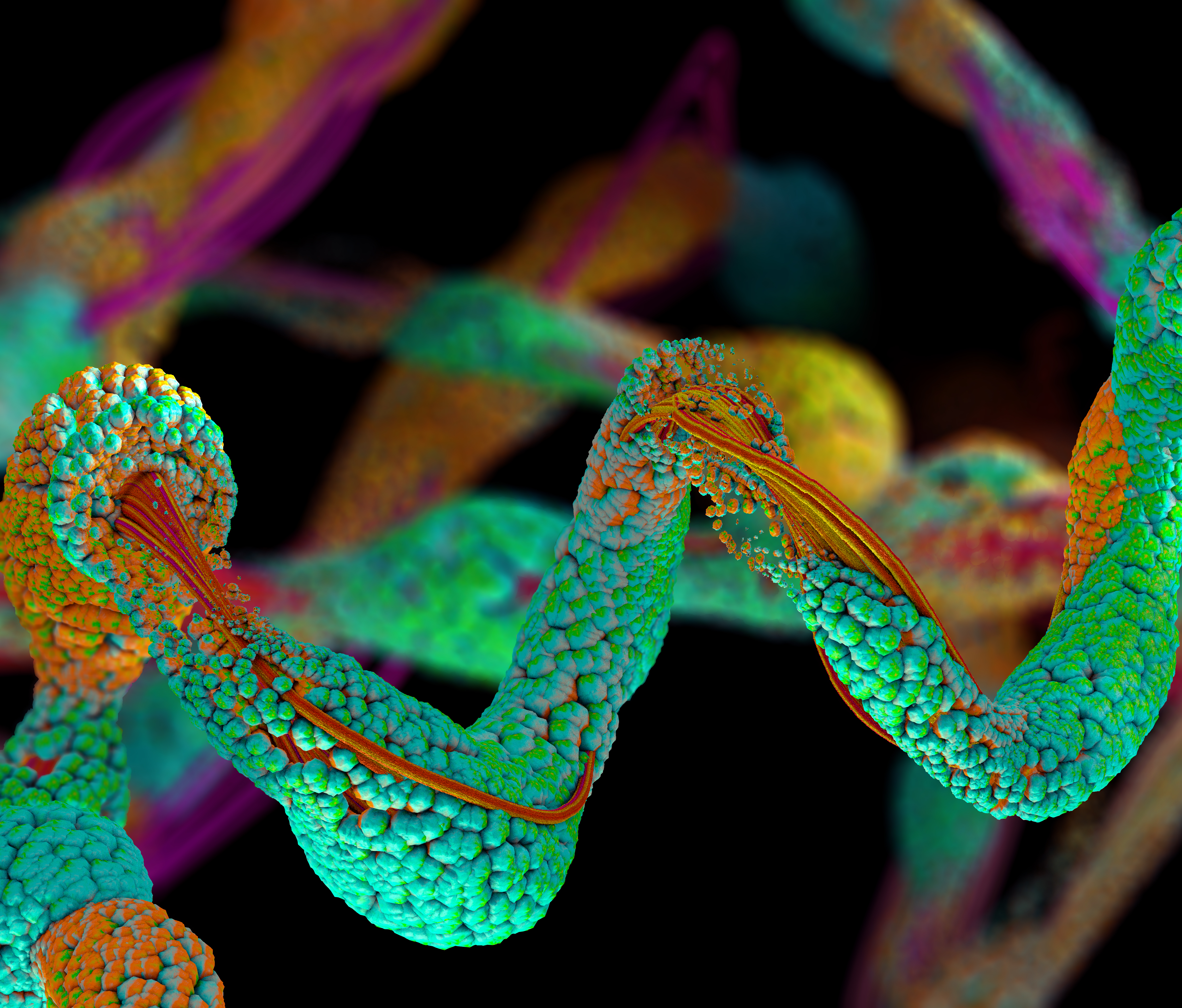AMINO ACIDS: A MEDICAL REVOLUTION
About the great power of the smallest building blocks.
About the great power of the smallest building blocks.

It was a real bang for the buck! A revolutionary discovery that can totally change your life. Announced by the highest scientific institute from Germany: The Max Planck Institute!
But what is it about exactly? It's about whether you die sooner or later. It is about illness or health. It is about the central question of our existence. And here the new insight is: "Forget the thing about genes, on which we had placed so much hope in recent decades. They don't play a role in your age or your state of health. Instead, take better care of your aminos".
This is the original statement of the internationally renowned ageing researcher Prof. Dr. Eline Slagboom, who is currently researching at the Max Planck Institute for Biology of Ageing in Cologne and also teaches at the University of Leiden. She was looking for the Methuselah gene, analysed the genetic material of more than 13,000 centenarians and found nothing. Because the age gene does not exist!
Then Prof. Dr. Slagboom applied her statistics programmes to the metabolism instead of the genes. This can be measured in the blood. So she took thousands of data sets again - this time more than 44,000 blood counts of people between 18 and 109 years of age, which had already been collected in a total of twelve studies, among others in Finland, Estonia, the Netherlands. All participants, and this is the special thing, were followed up for up to 16 years after the study. This provided Prof. Dr. Slagboom with two essential clues: The blood count and the info: alive or dead.
In this sensational study, the researcher distilled the formula for measuring healthy ageing from the blood of 44,168 people. Step by step, she calculated a confusingly large number of factors until the solution was finally on the table. It is the amino acids that decide how long you live. Whether you are healthy or ill. In particular, it is the five amino acids histidine, isoleucine, leucine, valine and phenylalanine.
But beware: the other amino acids are also vital. Especially the nine essential ones. Similar to the micronutrients from vitamin A to zinc. If one is missing, you have a problem. But the five amino acids, from histidine to phenylalanine, made it over the statistical hurdles in Slagboom's evaluation. Their levels are therefore directly related to your lifespan, independently of other levels.
But what exactly are these amino acids? As you probably know, your body consists mainly of water and protein. Correctly called: Protein. And proteins, in turn, are made up of amino acids. So they are the building blocks of our life.
The better we supply ourselves with these building blocks, the faster we become healthy, the stronger our immune system and the better we lose weight. But amino acids also ensure beautiful skin, build up our muscles, transmit signals in the brain, improve the transport of nutrients, control hormone formation, build up cells and bones and regulate the cardiovascular system.
They have a great influence on our organ functions, on our arteries, tendons and body glands. In addition, they play an important role in the regeneration of skin and hair. They are also extremely important for wound healing, whether external or internal.
There are more than 200 amino acids in total, but only 21 of them are important for humans and 9 are considered essential, i.e. necessary for life, because the human organism cannot produce them itself. These include L-leucine, L-lysine, L-valine, L-threonine, L-isoleucine, L-phenylalanine, L-methionine, L-histidine and L-tryptophan.
This text may contain translation errors as the translation was done by an online translation tool.